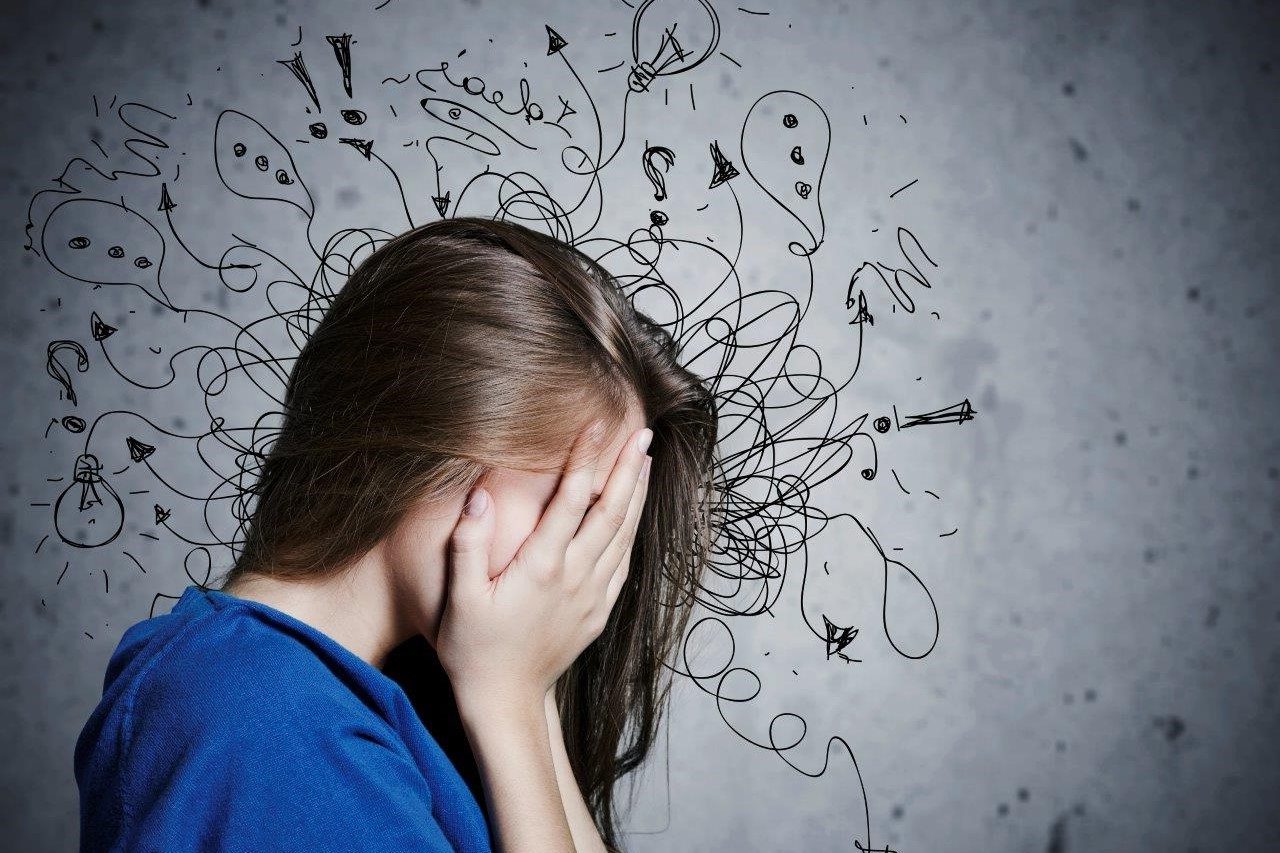The World Health Organisation describes stress as one of the greatest health risks of the 21st century. Symptoms such as exhaustion and burnout are omnipresent in the modern, digital world. How can stress be defined, what are the biggest risk factors and what options are there for coping with stress?

Article from Isabelle Butz - bodyLIFE medical - Issue: 06/2022
(qualified sports scientist with many years of experience in outpatient orthopaedic, neurological and cardiological rehabilitation as well as in health and rehabilitation sports. She is an IHK-certified specialist in stress management and is also head of the mobee® 360 academy "mobee®versity" for digital diagnostics).
Stress and health
In a stress study published by Techniker Krankenkasse in 2021, more than a quarter of Germans surveyed reported being frequently stressed. Among those who were frequently stressed, 74 per cent reported muscle and back complaints. However, feelings such as "exhaustion" and "burn-out" came in first place among the ailments of the frequently stressed with 80 per cent. Among those who are rarely stressed, only 13 per cent reported such emotions. The respondents represent a cross-section of the adult population in Germany.
Definition of
The phenomenon of "stress" originally comes from materials science and refers to the extent to which an object bends when subjected to a defined force. In a medical context, stress is a physical reaction to a stimulus...
Continue here. Read the complete article:

Conclusion
Stress is a "masterpiece" of our organism, but also one of the biggest health risks in our digitalised world. How stress is experienced can be achieved through a re-evaluation of the stressor and the attitude that stress is generally a friend rather than an enemy. After demanding phases, it should be part of a health-orientated approach to dealing with yourself to ensure relaxation, regeneration and balance in order to prevent chronic stress and its negative effects such as burnout or depression. Stress behaviour can be consciously changed. Stress management strategies are diverse, very individual and must be considered in the respective professional and private context. Health-related behaviour can also have a positive influence on the perception of stress. In order to develop individual, targeted stress management strategies, it makes sense to use screening or diagnostic tools, especially in primary prevention, and to include the psychosocial level and occupational context factors in the actual analysis and recommended measures in addition to the physical stress reactions with their effects on the organism.
Isabelle Butz

Literature available on request from the author.